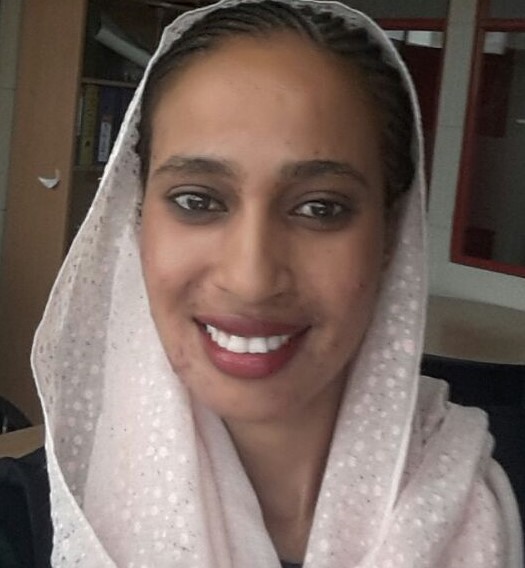
Tullu Roba Zeituna is a MA student at the department of Sociology and Social Work. In her postgraduate studies, she specialized in Sociology and her research interest was on gender roles and social change among the settled pastoral communities in Northern Kenya. Her current dissertation looked at the changing gender roles among the Borana women in Isiolo and how these changes have contributed to social and economic transformations among the pastoralist communities. She received a prestigious Sasakawa scholarship for her MA studies and supported the department of Sociology between 2010-2012 working as a tutorial fellow. Tullu also has a rich background in climate change adaptation, policy and advocacy, water resources management, disaster risk reduction and resilience building; having worked with community organizations and County Governments in Kenya’s dry lands for the last 10 years.
Abstract
The aim of this study was to ascertain the factors impacting changes in gender roles and the socio-economic effects among Borana women of Isiolo County. The research was based on specific objectives which were; to ascertain the traditionally held roles by the Borana women of Isiolo Town; to examine their new roles; to establish the factors influencing gender roles of
Borana women to change in Isiolo County and to examine the impacts of these gender role
changes on social and economic functions in the household set up. This study relied on a
descriptive survey design in data collection from a total of 160 households. The researcher used
both simple and systematic random sampling techniques to collect data. Structured and semi-
structured questions were administered during the data collection. Once the data was collected, it
was analyzed quantitatively through the use of the Statistical Package for Social Science (SPSS)
Version 20. From the findings, it was established that culturally held attitudes, norms, values and
marriage practice, patriarchal ideology and poverty were among the factors that influenced the
changing gender roles among the Borana women. The study also revealed that men are gradually
accepting female leadership together with their involvement in decision making in the
community. Women roles have changed immensely in the last two decades and this has brought
on board more opportunities for women. Therefore, women empowerment needs to be anchored
in formal education targeting young Borana girls in order to bring positive change in the
evolving pastoral lifestyles. The study recommended that there is need to strategically involve
men in Borana women empowerment and that the County Government should develop programs
targeting women and open opportunities for them to engage in development processes. The study
suggests further research needs to be conducted on factors limiting gender roles among pastoralists community in Kenya, with a broader focus on how these roles are impacted by
religion, geographic location, climate change and devolution.
